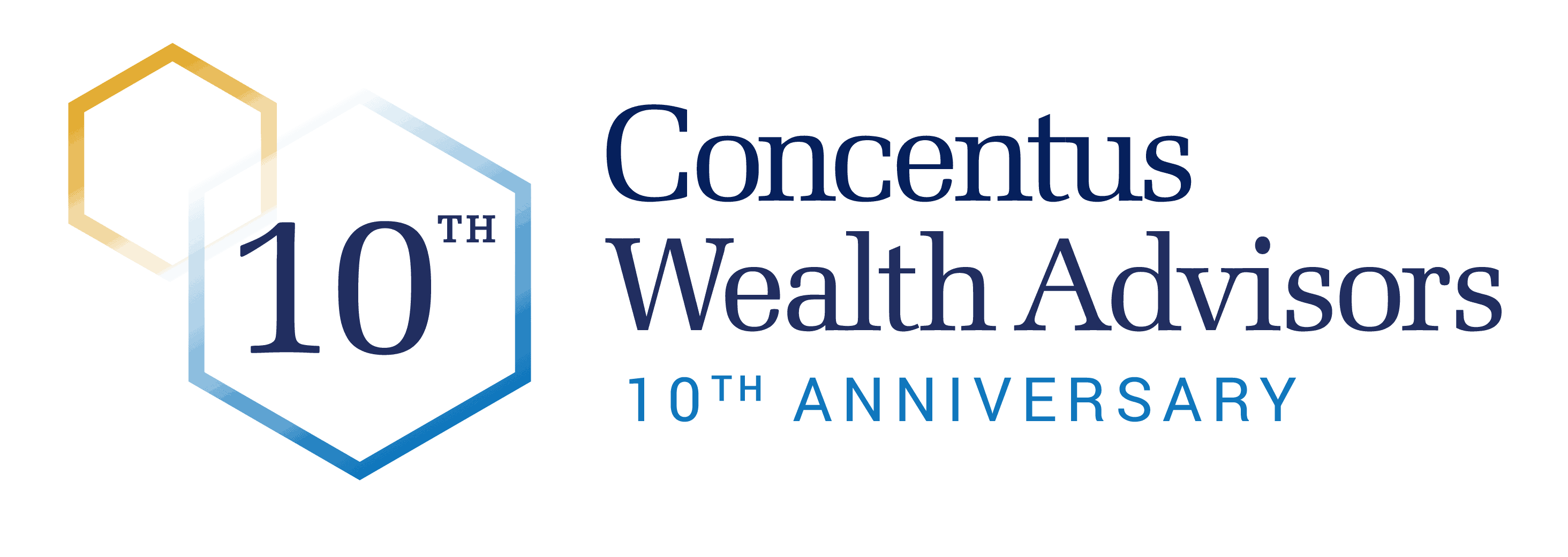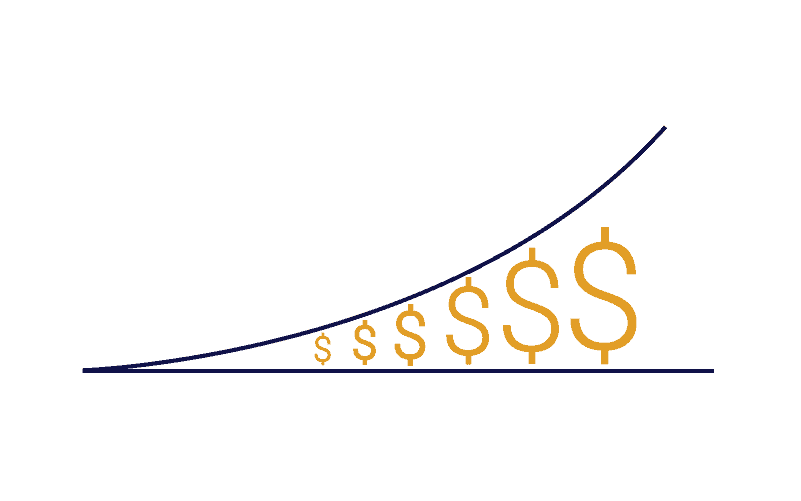“Through a combination of pricing power and relentless innovation — and serving an exploding global middle class — mainstream American equities continue to function as the most efficient long-term inflation hedge in human history.”
– Nick Murray
In last month’s article, we reviewed why investors are best served by keeping it simple and remaining patient. This month, we take a look at the current hysteria over the coming of inflation.
There Is Always A Crisis Somewhere
To be a successful investor, it’s important to understand that there will always be an existential crisis of the day, which will pose a giant threat to the equity market. There will always be one particular economic, political, or market fear that will be trumpeted by the media as a threat that will send the equity market crashing. Then when that crisis fails to destroy the market, we don’t proceed to fair skies and a sunny media outlook. We move right on to the next apocalypse.
In the last 16 months, there have been at least five such threats:
- COVID-19. This was messaged as the modern-day Black Plague or, at the very least, the Spanish flu, which infected a third of the world’s population and killed tens of millions of people worldwide. There’s no doubt it was a tragic event, but nowhere near what the early models forecasted, and nowhere near as impactful on the equity market as many feared.
- Global economic devastation. The way governments chose to deal with the pandemic was to lock down, putting their economies into a sort of medically induced coma. The bottom fell out of the world economy, and we had the deepest recession since the 1930s — and the fastest one ever.
- The election. The 2020 presidential election cycle was the most bitterly partisan in living memory, bookended by rioting, looting, and violence. People on both sides forecasted the end of American democracy if the other candidate won.
- Overvaluation. The equity market not only survived these disasters, but it also surged far into new high ground. The media told us that this was symptomatic of a generalized stock market bubble that would surely implode momentarily.
- Reddit/Robinhood/GameStop. Investing as a video game: surely, we were told, the meme madness would ultimately torpedo the mainstream equity market, if not the economy itself.
Right now, COVID-19 vaccines are in broad distribution; the virus appears to be in full retreat here in the U.S. The economy is roaring back, the housing market is booming, and the equity market has come very close to doubling its low of last March. This is all wonderful news, and so it’s time to cue the next apocalypse du jour!
Hyperinflation Is Coming!
We’re now being told that we must dread the specter of coming inflation. Worse yet, we probably won’t even get garden-variety inflation; we may be going straight to Hyperinflation or Stagflation, which is sure to decimate our economy and markets!
Of course, we don’t deny that it’s reasonable to expect an uptick in inflation given our powerfully resurgent economy, a highly accommodative monetary policy, and a fiscal policy bent on providing massive “stimulus” to the economy (whether it needs it or not). The Federal Reserve has been seeking two percent inflation for ten years, and it’s apparently gotten its wish.
However, as we have suggested in the past, goal-focused, long-term investors don’t make major portfolio changes in contemplation of a phenomenon we can’t begin to predict, much less quantify nor time.
What they do instead is to understand that inflation — the long, slow, inevitable grinding down of purchasing power — is precisely why it’s important to be an equity investor. Inflation isn’t a signal to flee from equities, it’s actually the very reason to own them in the first place. Because over the long term, equities have been the most efficient hedge against inflation ever crafted by mankind.
Equities As The Antidote To Inflation
Since 1926, the average annual compound return of the S&P 500 has been just over ten percent, while inflation has compounded at just less than three percent. Equity investors have accrued more purchasing power — another way of saying they made “real money”— at quite a bit more than twice the rate at which inflation has clawed it back.
You didn’t have to do anything to achieve this other than to stay invested. Superior companies were doing it for you through their pricing power. As inflation drives up their material and labor costs, strong companies pass the increases on to the consumer. Assuming they can maintain their profit margins, their sales, earnings, and dividends rise, even without selling any more units of their products.
The overwhelming evidence over long time horizons is that leading companies have the pricing power to pass on increased costs to the consumer. But even better than that, good companies also wage constant war against rising costs by innovating and becoming more productive. And innovation is what America does best.
In our country’s only sustained episode of serious inflation, the S&P 500 stood at 96 in 1967 —and was still at 96 in 1978, 11 years later. But in the following 11 years, the equity market went up 15 times. That’s what it does. It would be great if those sorts of cycles could be timed; sadly, they cannot. But the people who made serious fortunes in the ’80s and ’90s were those who had accumulated equities right through the ’70s — just as the great wealth that ordinary people have amassed in the last dozen years came from having invested throughout the Lost Decade of 2000-2010.
At the moment, the economy is feeling increased inflation pressures, mainly due to supply chain problems brought on by the pandemic, an explosive recovery, and massive monetary and fiscal accommodation. But the supply problems will work themselves out as the pandemic fades and people get back to work. Economic growth will eventually subside toward its long-term trend. And the Federal Reserve is unlikely to stand by and let inflation run away; its credibility is at stake.
In the meantime, we prefer to focus on history rather than on headlines. In 1960, the S&P 500 was 58; as I write, it’s above 4,200, which is more than 70 times higher. The dividend that year was $1.98, and it’s running at a rate close to $60 this year — up 30 times. The Consumer Price Index ended in 1960 just under 30; last month, it came in at 267 — nine times higher. American equities continue to function as the most efficient long-term inflation hedge in human history through a combination of pricing power and relentless innovation.

